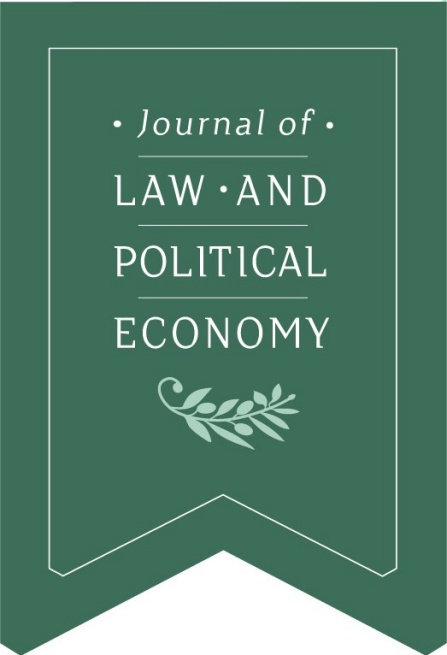Over the past decade, private financial markets - the domain of venture capital, private equity, and private credit funds - have grown to the point where they now dominate financial activity. This shift has undermined the protections afforded by existing securities laws and, because pensions are one of the largest contributors to these private funds, has subjected ordinary workers to the opaque, unregulated side of financial markets.
Renewed attention to industrial policy has the potential to accelerate decarbonization and expand our productive capacities. If we are to realize this promise, however, we must guard against the diversion of public investment to private coffers. In this post, Lenore Palladino, Reed Shaw, and Will Dobbs-Allsopp explain how the Biden Administration can limit the negative effects of shareholder primacy on industrial policy.
Hot dogs are not sandwiches, work meetings are not retreats, and shareholders are not investors. Yet only one of these conceptual mistakes illicitly lends support to the idea that all corporate activity should benefit shareholders.
Workers should have enough representation on corporate boards to influence major decision making. Questions of institutional design should not stand in the way of this common sense reform.
The debate around stagnant wages and job creation seems well-settled: scholars point to globalization, or skill-biased technical change, or the decline of union density. Others point to the ‘rise of the robots’, claiming that automation and technology are driving us towards a jobless future. But few consider that the dominance of shareholder primacy within America’s…



